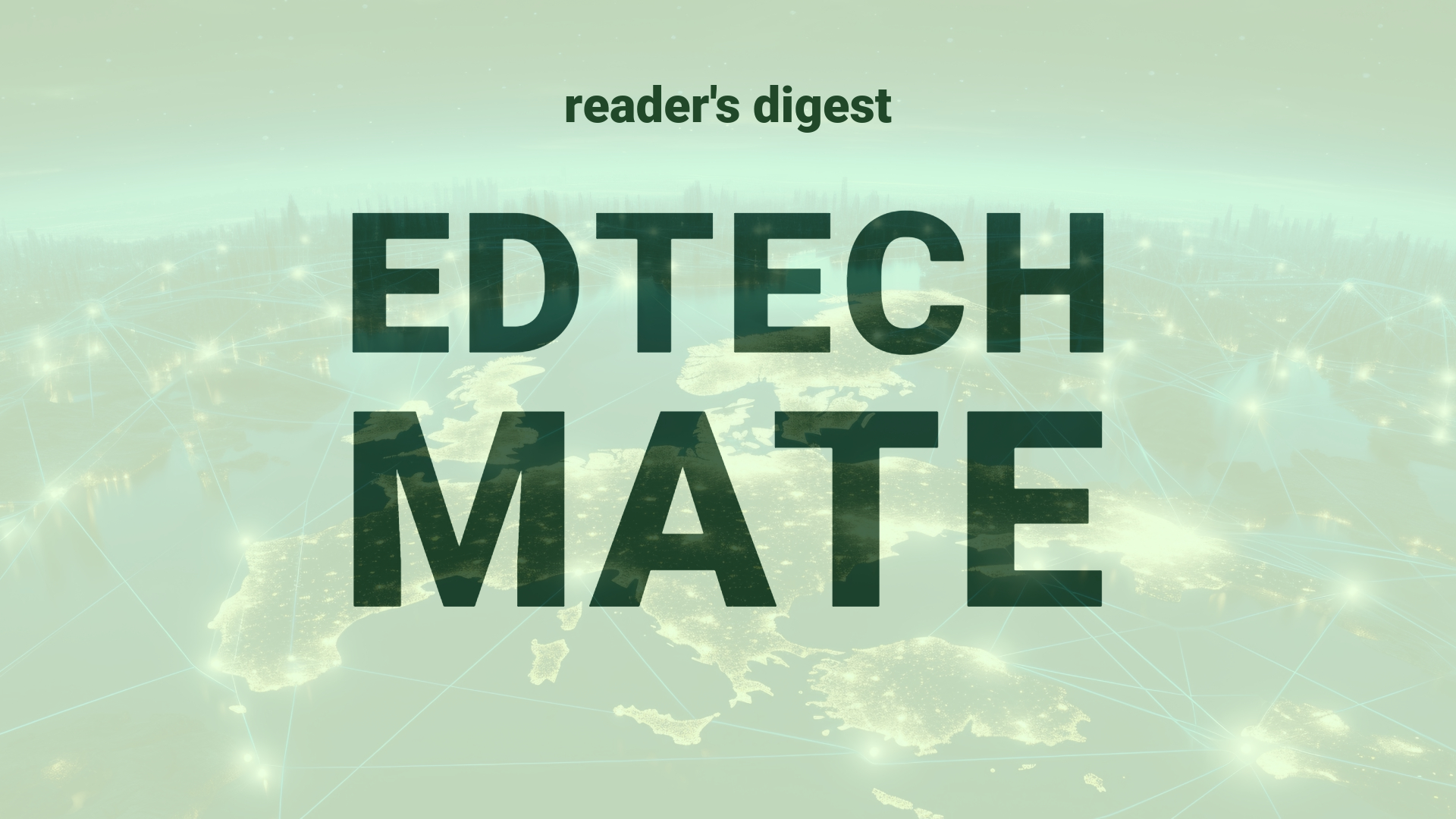Executive Summary and Main Points
Recent research underlines significant developments in the realm of artificial intelligence (AI), particularly its application to document-related tasks through solutions such as the Adobe Acrobat AI Assistant. This technology addresses challenges faced by knowledge workers, such as handling information overload, manual data entry, and repetitive duties. Key innovations revealed by the study include AI’s ability to expedite workflows in various business lines by an average factor of four, representing a significant uptick in efficiency and productivity. Specific sectors such as Sales, Human Resources, Legal & Compliance, Marketing & Communications, and Research & Development have displayed remarkable time-saving outcomes when incorporating AI Assistant into their processes, highlighting a trend towards the digital transformation of document management and data analysis tasks.
Potential Impact in the Education Sector
For Further Education and Higher Education, the implications of AI-driven document management are profound. By streamlining administrative tasks, educators and researchers can shift focus towards more impactful teaching and scholarly activities. This tool has extensive applications in summarizing literature, organizing course materials, and expediting grant writing and report generation, thus fostering deeper collaboration and strategic partnerships. As for Micro-credentials, AI can efficiently analyze and validate learning materials and assessments, enhancing the scalability and reach of these programs. This move towards digitalization underpins a more agile, responsive educational environment.
Potential Applicability in the Education Sector
Adoption of AI tools in global education systems can lead to innovative applications such as automated summarization of academic papers, synthesis of research data, and creation of engaging educational content. AI can facilitate comparative document analysis for academics, improve administrative efficiency in student services, and support bespoke content generation like drafting course outlines or personalized learning materials. This adoption of digital tools and AI is poised to revolutionize information management and instructional methodologies across diverse educational contexts.
Criticism and Potential Shortfalls
Notwithstanding the positive outcomes, a critical analysis raises concerns over potential pitfalls. Reliance on AI for document analysis might inadvertently overlook nuanced cultural or ethical considerations, particularly relevant in global education contexts. There’s also the risk of diminishing critical thinking skills among students and educators if over-reliance on automated summaries and content generation becomes the norm. As seen in international case studies, the differential access to and familiarity with AI technologies can exacerbate educational inequities. These issues necessitate discerning implementation, ensuring AI augments rather than replaces human judgement.
Actionable Recommendations
For international education leadership, embracing technologies such as AI assistants can be pivotal, but it must be done thoughtfully. Recommendations include piloting AI tools within certain departments to gauge impact and ease of integration, offering training sessions to educators for using AI in pedagogical contexts, and establishing clear guidelines on how AI-generated content should supplement educational activities. Strategic exploration of AI technologies for optimizing research and publication efforts could further strengthen institutions’ academic standing. Importantly, fostering dialogue around ethical AI use in education ensures these advancements serve the broader educational mission.
Source article: https://www.cio.com/article/2149693/pfeiffer-report-ai-supercharges-enterprise-knowledge-work.html

